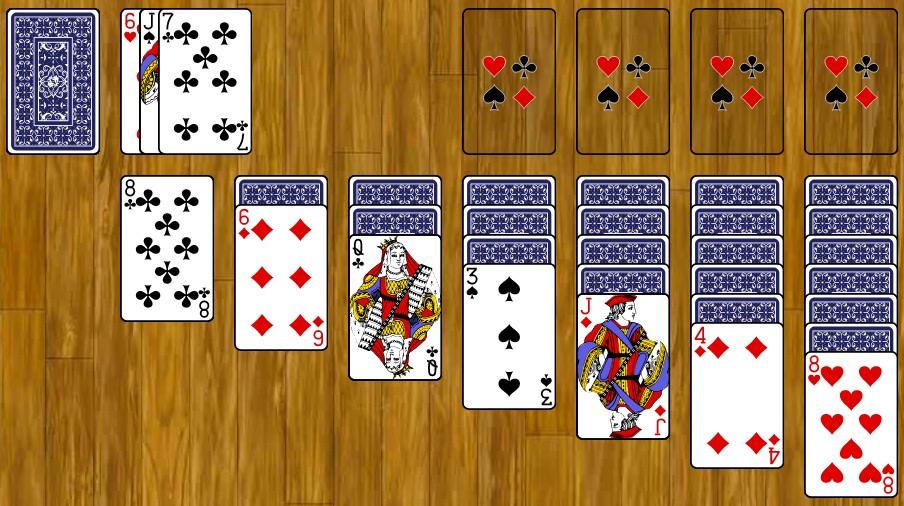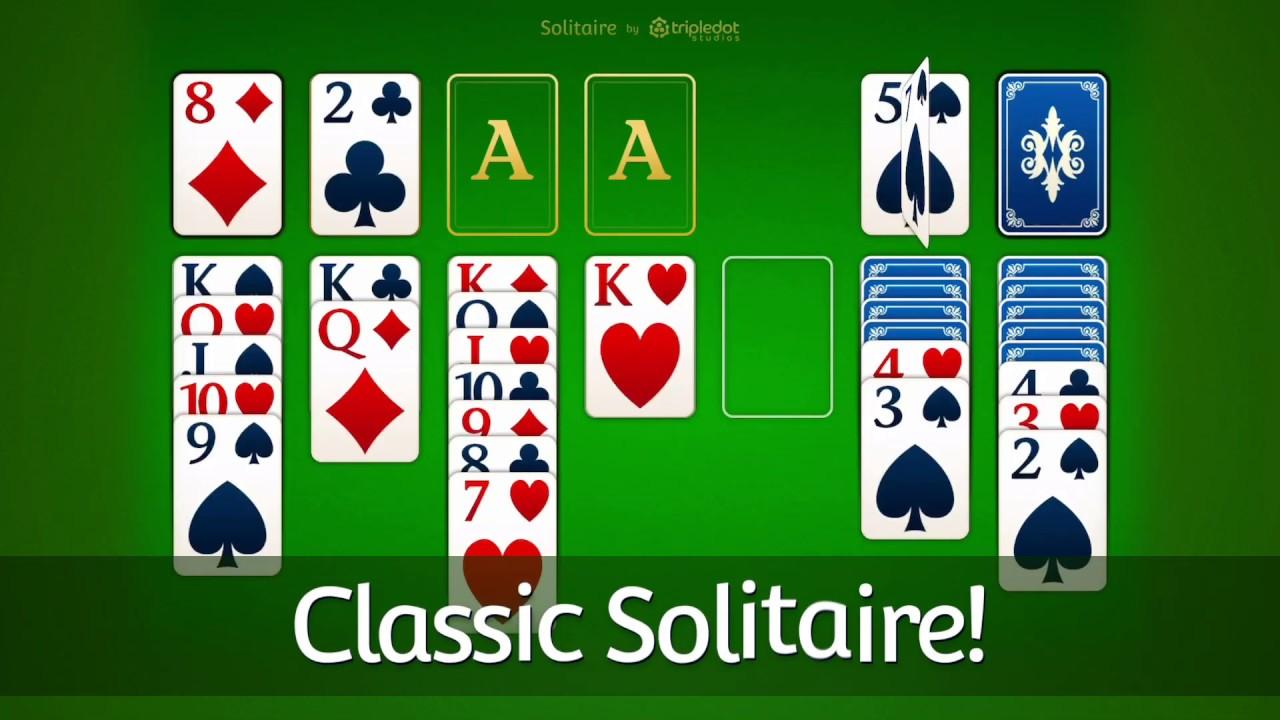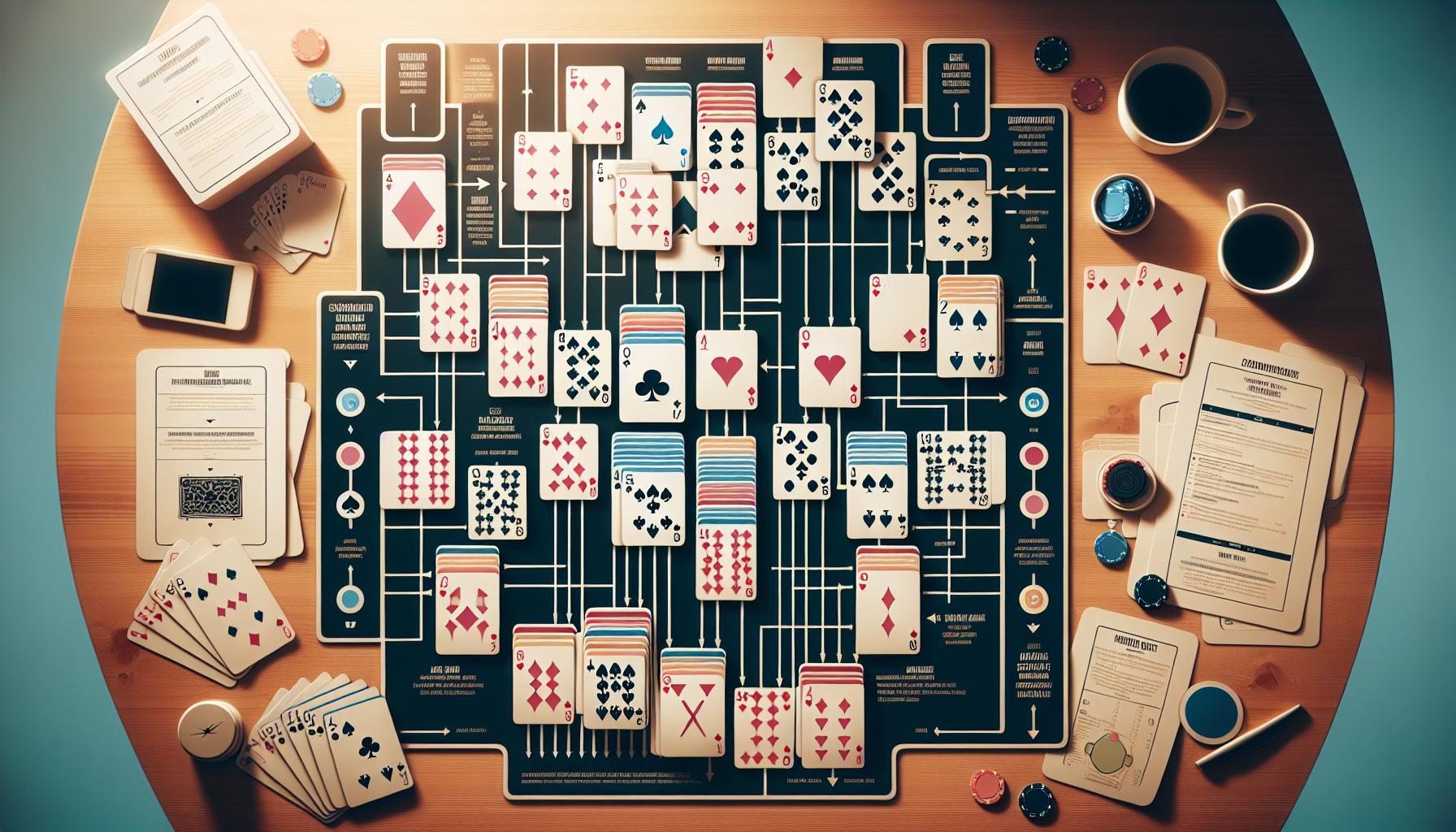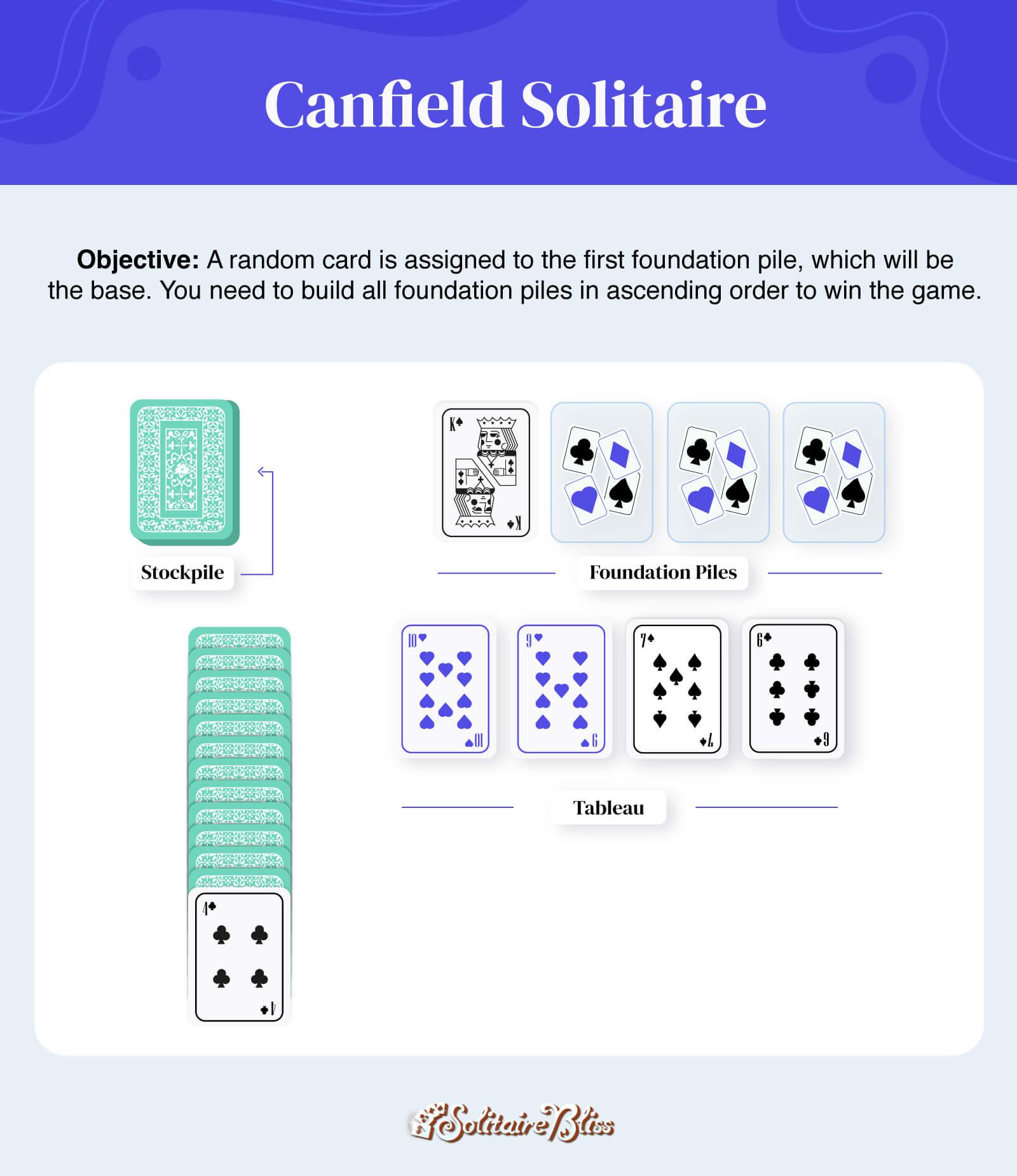are solitaire games always solvable

Solitaire, a timeless game of patience and strategy, has captivated players for centuries with its simple setup and intricate challenges. As cards are shuffled and dealt, the allure of the game lies not only in its solitary elegance but also in the question that often arises in the minds of players: are solitaire games always solvable? Whether you’re a casual player seeking a moment of reflection or a seasoned strategist honing your skills, the answer to this question can shift your approach to the game entirely. In this article, we will delve into the fascinating world of solitaire, exploring the intricacies of gameplay, the mathematical principles that govern the odds of winning, and the scenarios that can leave players pondering the untapped possibilities of each deal. Join us as we unravel the enigma of solvability within this classic pastime and discover what it truly takes to conquer the deck.
Understanding the Nature of Solitaire: Are All Games Created Equal
Solitaire is often perceived as a singular game; however, it’s essential to recognize the vast variety of solitaire formats available. While many might assume that every game shares the same principles, there are distinctive differences that affect their solvability. Some of the key factors influencing how games of solitaire vary include:
- Game Type: Variants like Klondike, FreeCell, and Spider each offer unique setups and rules that can greatly impact the likelihood of solvability.
- Deck Configuration: The arrangement of cards and number of decks used can create either straightforward or convoluted paths to victory.
- Skill Level: The player’s strategy and experience play crucial roles; a novice might find an advanced variant nearly impossible to conquer.
Additionally, the randomized nature of card dealing can affect the outcome of each game. Some games frequently lead to dead ends, where no further moves are possible, while others may offer multiple paths to success. Examining these factors reveals why not all solitaire games are created equal. To illustrate the differences, the following table presents a comparison of several popular solitaire formats in terms of solvability:
| Game Type | Typical Solvability | Decks Used |
|---|---|---|
| Klondike | Moderately Solvable | 1 |
| FreeCell | Highly Solvable | 1 |
| Spider | Varies; Complex | 2 or 4 |

The Role of Skill and Strategy in Achieving Victory
In the world of solitaire games, achieving victory is not solely determined by chance. Players must effectively harness a range of skills and strategic thinking to navigate the complexities of the game. Understanding the rules and the layout of the cards is fundamental, but what truly sets skilled players apart is their ability to anticipate potential moves and visualize outcomes. This foresight allows them to create pathways to success, considering each play’s implications on future moves. Here are some vital skills that contribute to triumph:
- Pattern Recognition: Quickly spotting opportunities and potential traps within the card layout.
- Move Prediction: Anticipating how each card movement affects the overall game strategy.
- Resource Management: Knowing when to utilize cards from the draw pile versus those already in play.
Strategic planning also plays an essential role in determining whether a game is solvable. Players who strategize effectively can create a favorable environment for themselves, ensuring that every card is placed with a specific purpose in mind. Essential strategies include prioritizing which cards to uncover first, understanding the importance of suits and sequences, and planning ahead for potential bottlenecks. A simple comparison of strategies can highlight the difference between random play and strategic mastery:
| Approach | Outcome |
|---|---|
| Random Play | Higher chance of encountering unsolvable scenarios |
| Strategic Play | Increased likelihood of reaching a solution |

Exploring the Probability of Win-Loss Scenarios in Solitaire
When delving into the intricate mechanics of Solitaire, one must consider the myriad ways in which each game unfolds. Each setup creates a multitude of possible moves, leading to a complex web of win-loss scenarios that dictate the ultimate fate of the game. It’s fascinating to explore the factors influencing these probabilities, which often include:
- Initial Layout: The arrangement of cards at the beginning is crucial; some setups tilt the odds favorably towards the player.
- Draw Rules: Whether drawing one or three cards alters the dynamics significantly, impacting decision-making and strategy.
- Card Distribution: The randomness of card distribution can lead to victories or insurmountable challenges, testing the limits of skill against chance.
Understanding the implications of these elements can enhance a player’s approach to the game. By analyzing the probability of win-loss outcomes, enthusiasts can distinguish between solvable and unsolvable scenarios. For example, a simplified overview of possible outcomes under varying conditions can be captured in the table below:
| Game Type | Initial Win Probability | Draw Rule Impact |
|---|---|---|
| Klondike | Approximately 30% | Higher with Draw-1 rule |
| Spider | Varies greatly | Less predictable with varying suits |
| FreeCell | Over 90% | Solvable with optimal moves |
Through this exploration, players can gain a richer understanding of Solitaire, recognizing that while many games present solvable paths, the intricate nature of probability often leads to unexpected outcomes. As players navigate the challenges posed by different layouts and rules, honing their skills is paramount for mastering the art of Solitaire.

Tips for Improving Your Odds in Challenging Solitaire Variations
Mastering challenging variations of Solitaire requires a strategic mindset and a willingness to adapt your approach. Here are some techniques to consider:
- Plan Multiple Moves Ahead: Always evaluate potential outcomes two or three moves down the line. This foresight can help in avoiding dead ends.
- Prioritize Exposed Cards: Focus on uncovering cards that are face down, as this will increase your maneuverability throughout the game.
- Understand the Rules: Each variation has its own unique set of rules and constraints. Familiarizing yourself with them can significantly enhance your gameplay strategy.
- Utilize the Option to Shuffle: If the variant allows, don’t hesitate to shuffle your cards as a last resort to create new opportunities.
Additionally, analyzing your playing style can make a big difference. Consider the following strategies:
- Minimize Waste in the Stockpile: Only flip over cards from the stockpile when it’s essential; this helps conserve options.
- Combine Card Values: Whenever possible, pair high-value cards with low-value cards to facilitate smoother movements.
- Practice Patience: Sometimes stepping away for a moment can provide clarity and a fresh perspective to crack challenging layouts.
In Retrospect
the world of solitaire games is as fascinating as it is complex. While many may assume that every solitaire variation is a puzzle with an ultimate solution, the reality is more nuanced. Some games offer multiple pathways leading players to victory, while others present scenarios where a win may be forever out of reach. As we shuffle the cards and set up each new game, we must embrace the inherent uncertainty and the thrill of the challenge. Each deal is a unique experience, weaving together skill, strategy, and sometimes, a touch of luck. So, as you ponder your next move in your favorite solitaire game, remember that the true beauty lies not just in the quest for solvability, but in the journey itself—each turn bringing its own lessons, surprises, and perhaps even a reminder that sometimes, it’s perfectly fine to simply enjoy the game, win or lose. Happy playing!

Leave a Reply